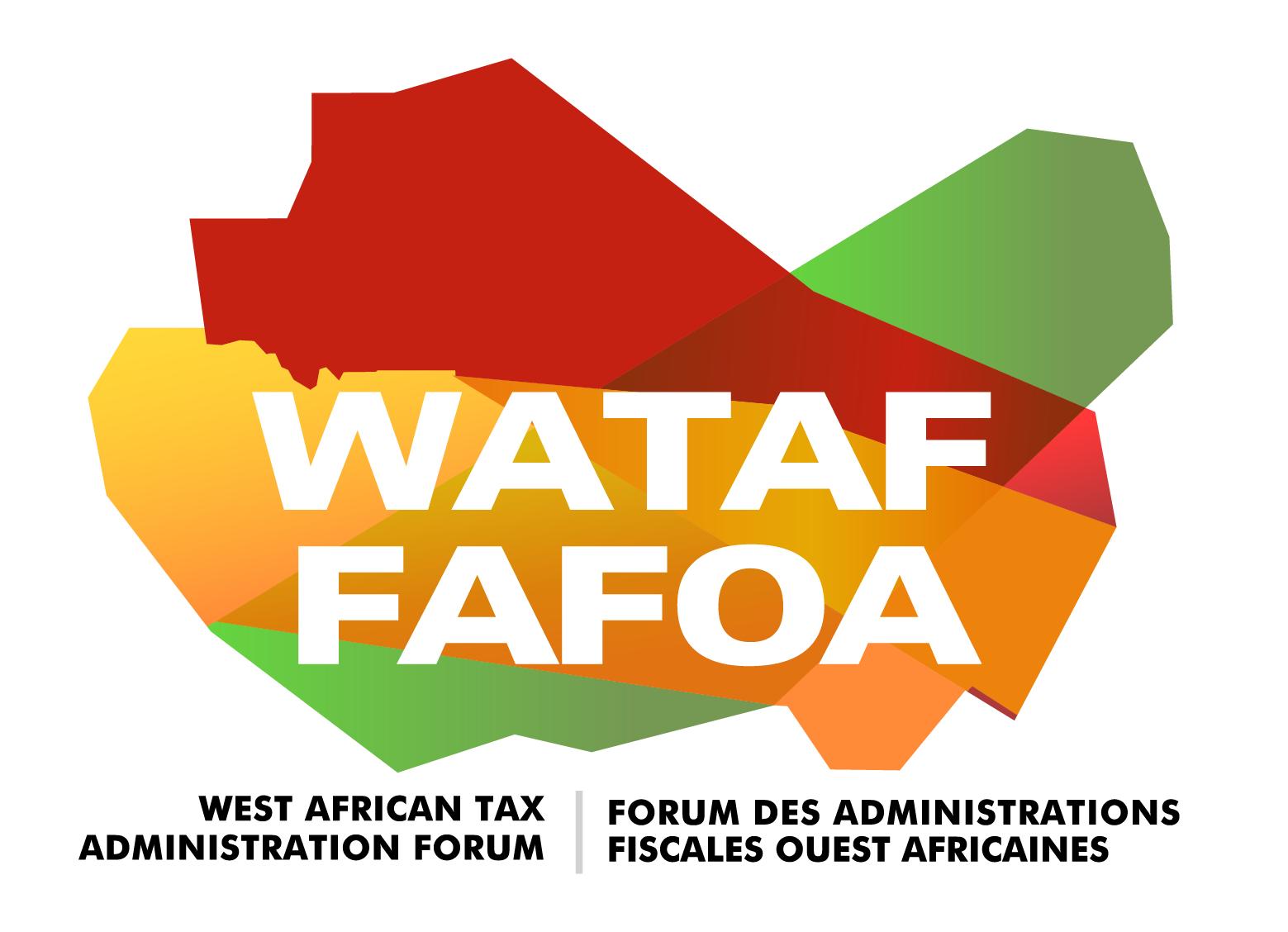The West African Tax Administration Forum (WATAF), comprising of the 15 member countries of ECOWAS, is committed to promoting collaboration among tax administrations in the region. In line with its mission to improve tax administration and revenue generation, WATAF recognizes the significance of health taxes, commonly known as “sin taxes,” as a powerful tool to achieve multiple objectives. To further this mission and address critical health and environmental issues, WATAF proposes to organize a workshop on Promoting Health and Domestic Revenue Mobilisation (DRM) Sustainability through Health Taxes in West Africa.
Health taxes, levied on harmful products such as alcohol, carbon dioxide emissions, sugary beverages, and tobacco, have gained prominence as an effective policy measure worldwide. These taxes aim to address public health concerns, reduce environmental impact, and provide a reliable revenue stream for governments. To explore the potential benefits of health taxes and devise effective strategies for their implementation, WATAF proposes a 3-day in-person workshop.
OBJECTIVES
The workshop aims to achieve the following objectives:
- Increase Awareness: Among West African tax administrators, policymakers, and stakeholders about the potential benefits and impact of health taxes on public health, the environment, and economic sustainability.
- Share Experiences: Best practices, and insights on the implementation of health taxes among member countries.
- Enhance Capacity: Of tax administrators and policymakers to design, implement, and monitor health tax policies that align with specific national, regional, and international objectives.
- Foster Collaboration: And partnerships among WATAF member countries, the World Health Organisation (WHO), ECOWAS, and other relevant development partners in tackling health-related challenges through tax policies.
- Develop Actionable Strategies: And identify innovative approaches and policy frameworks for health tax implementation, taking into account the unique socio-economic contexts of West African countries.
DATE AND VENUE
The workshop is proposed to be hosted by the DGI Burkina Faso. The specific location will be communicated in due course.
TARGET PARTICIPANTS
Participants will include tax policy officials from tax administrations, relevant customs officials, policymakers, and experts from Ministries of Finance, civil society organizations, and other stakeholders from WATAF member countries. Representatives from the World Bank Group and other relevant international development partners are also expected. At least sixty (60) participants are anticipated to attend.
Participants may include:
- Tax officials working on the ECOWAS Directives related to health tax.
- Tax inspectors involved in tax policy design and implementation.
- Others interested in understanding the dynamics of taxation.
EXPECTED OUTCOMES
- Participants will gain a deeper understanding of the potential benefits and importance of health taxes in achieving public health, environmental, and economic objectives.
- Participants will acquire valuable insights into the design and implementation of effective health tax policies tailored to the West African context.
- The workshop will foster collaboration among WATAF member countries, the WHO, ECOWAS, and development partners, paving the way for joint efforts to address health-related challenges through taxation.
- Participants will work together to develop a roadmap for advancing health tax initiatives in the region, setting the stage for future collaborations and policy implementations.
WORKSHOP CONTENT AND STRUCTURE
A. Key Topics
- Overview of Health Taxes: Understanding the concept of health taxes and their relevance in promoting public health, environmental conservation, and sustainable development.
- Novel and Emerging Harmful Products: A look at Tobacco and Nicotine Products, Alcoholic Products, and Carbonated/Sugary products – Introduction, Regulation, and Taxation.
- Health Tax Policy Design: Exploring different models and approaches to designing health tax policies, including evidence-based decision-making, tax rates, and coverage of products.
- Revenue Generation and Allocation: Analyzing the revenue potential of health taxes and discussing mechanisms for allocating generated revenue to support public health initiatives, education, infrastructure, and social programs.
- Environmental Conservation and Climate Change Mitigation: Understanding the role of health taxes in mitigating carbon dioxide emissions and promoting sustainable environmental practices.
- Cross-Border Challenges: Addressing cross-border issues and strategies for effective coordination among WATAF member countries to prevent tax evasion and circumvention of health tax policies.
- Collaborative Partnerships: Identifying opportunities for collaboration with the WHO, ECOWAS, and relevant development partners in advancing health tax initiatives in West Africa.
B. Workshop Format
- Keynote Presentations: Expert panel discussions and case studies to address the workshop’s themes.
- Interactive Workshops and Breakout Sessions: Participants will engage in practical exercises and group discussions on specific health tax-related topics.
- Country Showcases: Member countries will have the opportunity to showcase their successful health tax initiatives.
- Networking Opportunities: Informal sessions to facilitate networking and foster lasting partnerships.
- Language Support: The workshop will be conducted in English, with simultaneous interpretation in French and Portuguese.
CONCLUSION
The proposed workshop on health taxes aims to strengthen regional efforts in promoting public health, environmental conservation, and sustainable economic development in West Africa. By bringing together tax administrators, policymakers, and experts, the workshop will foster knowledge sharing, collaboration, and capacity building to implement effective health tax policies aligned with regional health and environmental goals. WATAF looks forward to collaborating with the World Bank Group, ECOWAS, and other relevant partners to make this workshop a successful platform for advancing health tax policies and contributing to the well-being of West African communities.







 Views Today : 20
Views Today : 20 Total views : 37565
Total views : 37565